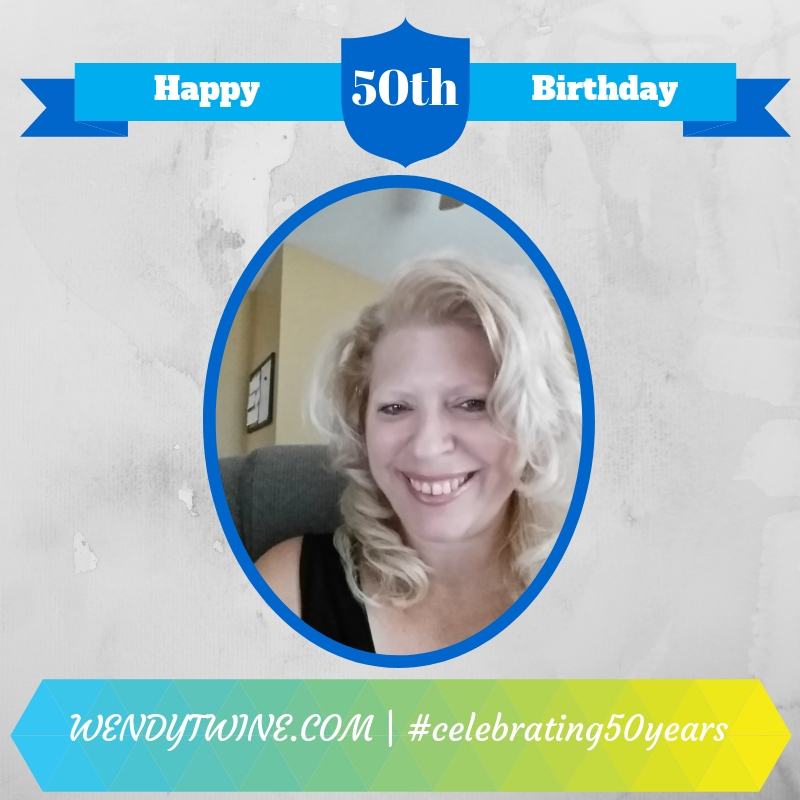Most people when they hear vision, get hung up on sight. Sight is the function of your eyes; where vision, is a function of the heart. I want you to see and think about where you are going, not only in life but when it comes to buying your home. Have you heard the saying, “Home is where the heart is”? Well, to have heart in your home you must first have vision.
So now that I have laid the importance of having vision from your heart over your eyes, I want to give you some guiding principles. I want to help show you how you can develop your vision when it comes to buying your home; whether you’re a first-time home buyer, move up or downsizing, these guideposts will help you along your journey to where your heart will find its home.
Let’s talk about how to have a clear vision on your home. You need to take into consideration three critical areas: location, condition and price. These are usually the order that most buyers think about.
Most buyers start with an area of town or country they would like to live in. Next, is the type of home they would like to live in. And last, of course, is the price. Can you buy in the area you want to live in, for the price you can afford?
Employ The Provision Of Your Vision
Let’s talk about the money. Because we all know that it takes money to buy a home. And you don’t want to be wasting your time or a realtor’s time if you don’t have the means to buy a home. There’s a saying we realtors use when it comes to pre-qualifying a potential buyer, “Are they willing, ready and able?” You as the buyer may be willing and ready but are you able?
In fact there is an ancient scripture that says this, “Suppose one of you wants to build a tower. Won’t you first sit down and estimate the cost to see if you have enough money to complete it?” Luke14:28. You may not be building a tower per se but you are building or buying a home, aren’t you?
Understand The Process of Your Vision
When it comes to developing a vision, there is a process to fulfilling it. Whether you’re buying a home or any other area in your life, it helps to understand what that process looks like so you know what to expect.
When you are using credit to buy your home, I also want you to understand that the biggest chunk of time is usually getting the money.
If you are using credit to purchase your home, this will take some time to get fully qualified (two – four week process) depending on how well prepared you are. To get pre-qualified it is a matter of a phone call or web application to check your credit score. If the score looks acceptable (usually at least 640), then you move forward to gathering additional information.
Most lenders will expect you to be at your place of employment for two years and/or in your line of work or industry to loan you the money. I also want to say there are some lenders who will accept a lower score but that means you may pay higher interest rates. So let’s move to the next step.
Next step is they will want proof you can pay them back by looking at your employment history and income. Here is the following items they will be looking for:
- two to three months of paystubs
- two to three months of bank statements
- Two years of tax returns
After this initial proof is gathered, then they will send it off to underwriting. This is to uncover any other potential concerns and get you qualified. Now let’s move forward.
Know Your Potential For Fulfilling Your Vision
We got the hardest part, in my opinion, of the three areas or elements when buying a home and that was the price. Now that you know what you are able to afford or are qualified to buy, let’s talk about the next area and that is location.
Your vision will have a lot to do with you and/or your family’s personality, characteristics, behaviors and activities. So what do I mean? Consider the following when it comes to choosing a location:
- Work
- School
- Church
- Daycare
- Health Care Providers
- Extra-Curricular Activities (i.e. sports, music, dance, etc.)
- Etc.
How much time do you want to be burning rubber by spending time on the road from that potential house you are admiring?
What about H.O.A.’s (Home Owner’s Associations)? Do you know about their rules and regulations? Could you live by them? What about their fees? Here are some considerations to think about that some H.O.A.’s have below:
- No clothes lines in yards
- No multi-colored garden pots on front porch
- No trash cans visible on front or side of house
- No wild colors painted or placed on house
- Etc.
Maybe the neighborhood doesn’t have an H.O.A. but what about the condition of the neighborhood itself? You see a home online and getting all excited because it looks like a great buy but wait! Is the neighborhood going downhill fast? Or is it an up and coming one?
Do a drive-by first to see if there are more neighbors who take pride in homeownership. If you see a lot of homes dilapidated or in shambles, it could be an indicator of the community having a large percentage of renters and/or suspicious activities going on.
Be Patient In The Fulfillment of The Vision
Now let’s look at the last area or element when it comes to buying a home and that is the condition of the home. Just as I stated earlier, that home is where the heart is, it’s important for a home to be in good condition so the heart can thrive. It’s the same way in our body; if our body is not in good condition, it will tax the heart to work harder to maintain the body.
You and your family’s personality has a lot to consider when choosing your home. Will it be a new construction where all you have to do is put your personal touches like curtains, pictures and some memorabilia of some sort? Or, do you want a fixer upper or distressed property to put your stamp on, showcasing your talents and skill sets with some up-to-date remodeling trends?
Another thing to consider on condition is, do you want a single family dwelling or an attached home like a condo? What about a factory built home versus a stick built? Each of these have their pros and cons.
Develop A Concrete Plan For The Vision
There is much more I could share with you when it comes to the condition of a home you may be considering buying. These types of homes may fall under the category of red flags.
Red could represent pure passion, anger or danger. You may be seeing the color red when it comes to a home; and to you it could reflect the excitement of the price. Or it could be the time constraint of purchasing the home and it could result in anger because of not knowing facts up front of how long it would take. Or, you seeing red when it comes to the conditions of the home and the possible danger that results from living in such a place.
I will mention these areas you need to consider when developing your plan in finding that perfect home. Here are some considerations you need to think about when it comes to choosing a home:
- Red Flags (Code Violations, Difficulty In Purchasing, Time Restraints, etc.)
- Foreclosures (Limited Warranty Deeds, etc.)
- Short Sales (Timely to get Bank’s Approval)
- Estates (Numerous heirs to sign off on purchase agreement)
- New Construction (Track home vs. Custom home)
- For Sale By Owner (No representation or protection)
- Manufactured Homes (Limited Financing, ReSale, Quality)
- HOA (Rules & Regulations + Fees)
Use Persistence In Achieving Your Vision
I hope you found this article helpful in giving you the fuel you’ll need to get to the finish line of homeownership. What always helps people get to the finish line, is having a team of supporters cheering you on.
One of those major team players is having a good real estate agent. Not all real estate agents are created equal. Do your due diligence when it comes to hiring one who will help protect your “heart.” They will help by protecting your vision. And what is your vision? Finding your home where your heart can feel at home.
This article is brought to you by Wendy Twine & All NC Real Estate







